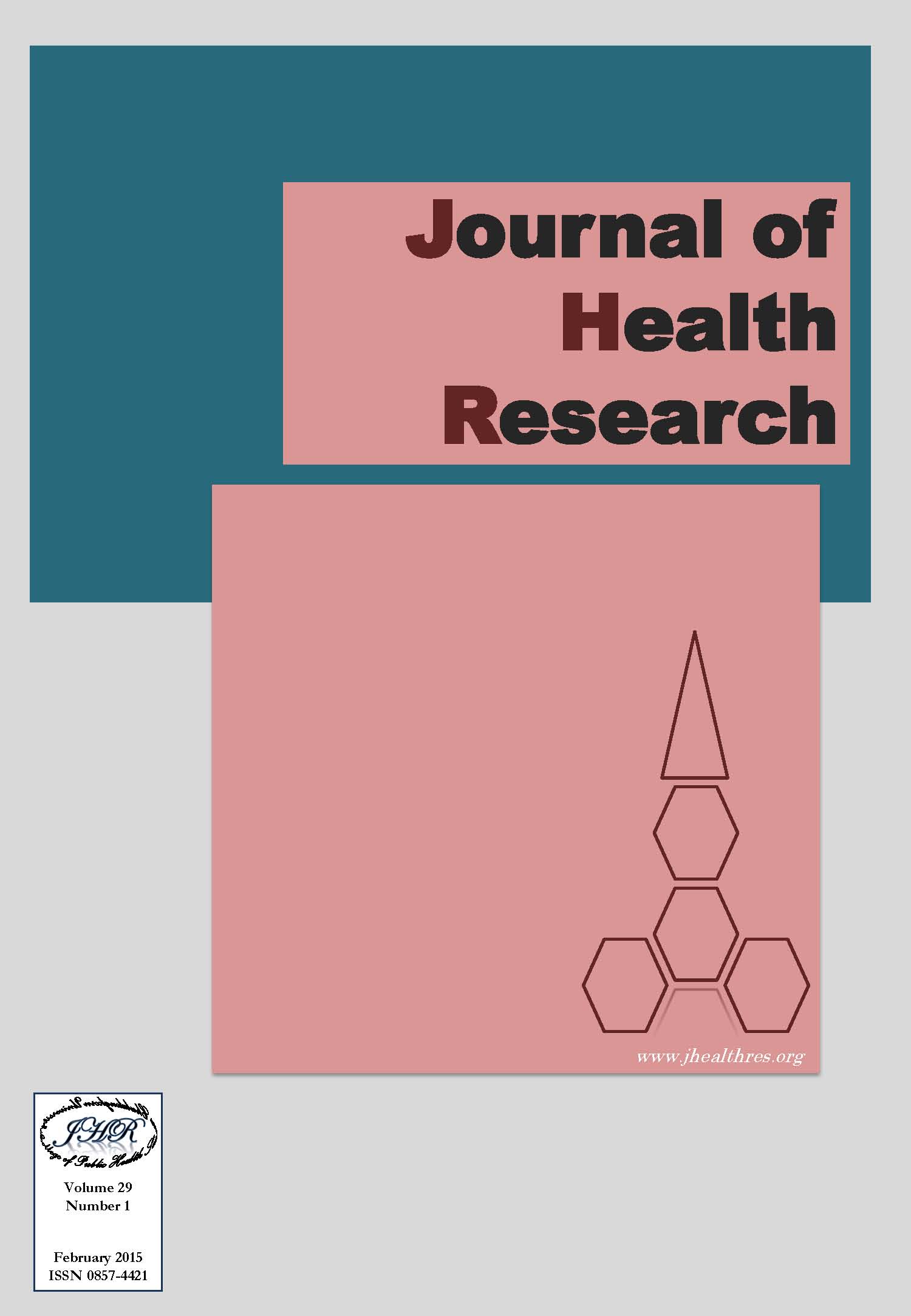“Women Won’t Get Pregnant with one Sexual Intercourse” Misconceptions in Reproductive Health Knowledge among Indonesian Young Men
Keywords:
Knowledge, Reproductive health, Adolescents health, IndonesiaAbstract
Adolescents’ reproductive health in Indonesia is of growing concern. Over the past decade, unintended pregnancy resulted from pre-marital sexual intercourse and unsafe sex behaviors tend to be increasing. Lack of reproductive health knowledge was a major cause of such risky behavior. With regards to Indonesian culture, men are more likely to initiate sexual intercourse. Therefore, this study aimed to examine the reproductive health knowledge of Indonesian young men and its determinants. Findings are expected to support the provision of reproductive health education for young people in Indonesia. The present study employed secondary data from Adolescents Reproductive Health component of the Indonesian Demographic and Health Survey 2012. A total of 1,840 census blocks in 874 urban and 966 rural areas were selected from the list of census blocks in the selected primary sampling units formed during the 2010 population census. A total of 10,980 never-married men aged 15 to 24 years old was selected for analysis. Only 28.5% of Indonesian young men aged 15-24 had a complete reproductive health knowledge related to pregnancy. Half of respondents had incorrect knowledge regarding fertile period and more than half (51.3%) believed incorrectly that pregnancy cannot occur with only one sexual intercourse. School-related variables were the strongest predictors of knowledge. Those who completed their education at secondary level or more, and those who obtained reproductive health lessons at school were more likely to have a complete reproductive health knowledge. Having a reference person to talk about reproductive health matters was also a strong predictor for knowledge, followed by access to reproductive health media and place of residence. In conclusion, the study indicates that most of Indonesian young men lacked health knowledge related to pregnancy. The findings also suggest that schools were able to provide a good quality of reproductive health information for young people. Therefore, providing an adequate reproductive health education at school is strongly recommended.







